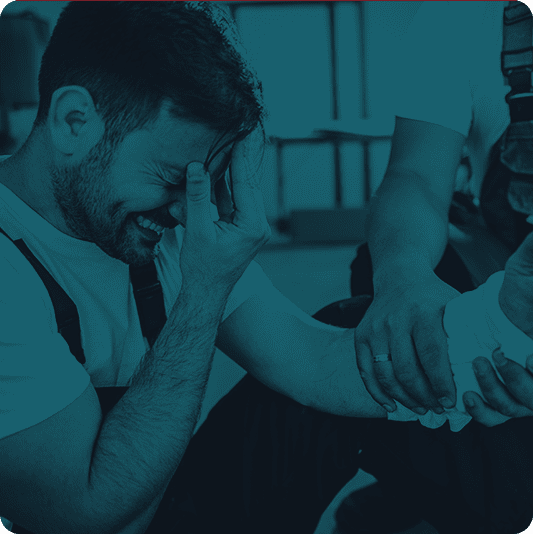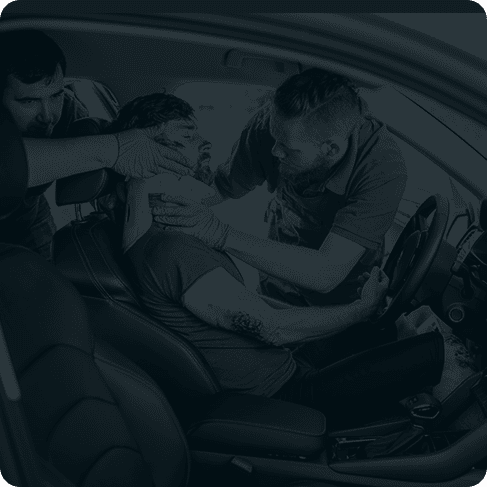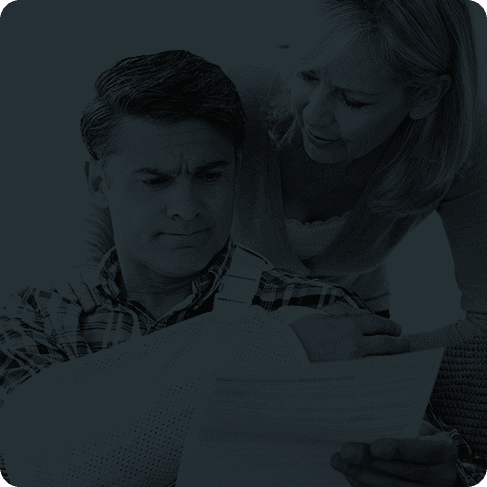1. Do Not Flee The Accident Scene.
2. Show Concern For The Other People Involved.
3. Call The Police
4. Exchange Information With The Other Drivers.
5. Speak With Eyewitnesses.
6. Capture Pictures, Videos, And Audio Records.
7. Report The Accident To Your Insurance Company.
8. Document Your Medical Expenses.
Read More:
How long after a car accident can you claim injury?
Florida Car Accident Laws: A Guide Every Motorist Should Read
9. Get A Property Damage Valuation.
Evaluate the damage to your car and/or other property. If it is your car, get a mechanic to evaluate the extent of the damage. The same applies when things are the other way around. Ensure that you document all the details of the property damage you have caused. If possible, let the other party agree with your evaluation by signing it. It sounds self-incriminating, but it can save you a lot of money when dealing with malicious people.
10. Tread Softly When Discussing The Accident.
During accidents, even the most experienced drivers become susceptible and can easily accept unreasonable terms. There are insurance scammers on the roads causing accidents, and you never know who is honest and who is not.
Avoid doing any of the following to avoid problems later:
Some tow truck drivers receive referral fees for towing a car to a specific repair shop. You are charged more money for repairs than the average customer to cover the tow truck driver’s referral fee.
Your financial situation will get even worse if your insurer does not deal with the shop and your car needs to be towed to another shop. These scammers will charge you prohibitive amounts as towing and storage fees. If you fail to pay, the Repair and Storage Liens Act allows them to sell your car to recover the costs.
In the event that you need towing services, here are five tips on how to avoid these frauds.
11. Be Wary Of Early Settlement Offers.
There are times when the other driver may ask you to settle the costs of the accident without involving the police or the insurance companies. In spite of how convenient it sounds, this is not always the right thing to do.
You may not immediately know the full extent of the damage to your vehicle and the nature or severity of your injuries. Consequently, you risk losing your insurance coverage. Therefore, do not make this kind of deal with another driver.
Most of the time when the other party is an uninsured motorist, he or she will try to lure you to exchange contact information so that you can settle the issue yourselves. This is not a wise move. You should seek roadside assistance without indulging in any form of negotiation with the other driver.
12. Consider Hiring An Attorney.
Most people overlook attorneys when handling car accident-related issues until things get out of hand. Avoid this by contacting an accident lawyer early. You should not sign any statement with an insurance company or any other party without the guidance of your accident attorney. Learn from him or her how to protect your rights.
Our attorneys work in the following areas:
When You Are Not At Fault
What happens if you are not at fault in a car accident, but the other party accuses you of being at fault? How do you go about disputing fault after car accidents in Florida?
Video Transcript
The success of any legal matter depends on the unique circumstances of each case, therefore, we cannot guarantee particular results for future clients.
Click here for the audio version
Variables In Disputing Fault
Now, this can be a complex situation and the reason for that is there’s a lot of variables that go into what creates an accident and what causes someone to be, as we define in the law, at fault.
Law Enforcement’s Role
Essentially what happens in most cases when there is a car accident, law enforcement & other emergency services will respond to the scene, and they’ll make a determination.
Now, let me be clear about this. Just because law enforcement makes a determination that someone is or isn’t at fault doesn’t mean they’re right.
It happens regularly because most accidents are not actually observed by law enforcement.
They talk to one party, they talk to a witness, they talk to other individuals, and then they have to make a call. That is the normal course. That doesn’t mean that they’re right. And often we challenge those determinations and are successful when disputing fault.
Disputing Fault In Litigation
Even if law enforcement does make a determination that you are at fault, it might not have any relevance to the actual civil lawsuit itself when disputing fault.
If you’ve been accused of being at fault even though you don’t believe you are at fault, that does not mean you don’t potentially have a claim as well against the (other) party.
What it generally requires is an attorney who truly understands litigation and has the ability to build up an actual case for you and to prove — and generally, in the civil realm it is by what we call a preponderance of the evidence, so it’s a slight tipping (of) the scale — that the other party is more likely to be at fault. If we’re able to do that, if we’re able to show that, then your case is not excluded. We’re able to move forward.
What Your Attorney Will Do
Clearly, there are a lot of variables that come into play when disputing fault and that’s something that we as your attorney have to flush out as we move forward with the case as to exactly what happened, how it happened, (and) what witnesses may or may not be available.
Again, sometimes drivers who are at fault will just make the claim even though it’s not accurate, not true, and cannot be validated. It doesn’t mean that it holds any water whatsoever and sometimes it just immediately gets dismissed by either an insurance company or a law enforcement officer or whoever (else) might be involved.
So long story short, it doesn’t mean that you have any sort of liability just because somebody makes an accusation that you’re at fault.
If you know you weren’t at fault, if you believe you weren’t at fault, it’s our job as your experienced car accident lawyer to help you.
If you have any questions regarding your car accident case and disputing fault, give us a call.
Subscribe to our YouTube channel, where we will constantly be posting new updates and information in regards to personal injury, Florida car accidents, and all areas of Florida law that the law firm of Denmon Pearlman covers.
Conclusion
Accidents happen all the time and are almost inevitable even among good drivers. The steps to take after a car accident are crucial. Remember to remain calm and considerate but also be cautious. Let your insurance company and your attorney handle the situation.
Our Expertise
We have your back. Whatever you might be suffering from, accidents, injuries or medical malpractice, we have you covered throughout Florida
Let’s get in touch!
The initial consultation is absolutely FREE
Denmon Pearlman
Law
Tampa Office
2504 W Crest Ave
Tampa, FL 33614
(813) 554-3232
Denmon Pearlman
Law
St. Petersburg Office
520 2nd Ave South
St. Petersburg, FL 33701
(727) 493-5610
Denmon Pearlman
Law
New Port Richey Office
5703 Main Street
New Port Richey, FL 34652
(727) 753-0049
Denmon Pearlman
Law
Brooksville Office
1790 E Jefferson St.
Brooksville, FL 34601
(352) 309-7354
Denmon Pearlman
Law
Seminole Office
5290 Seminole Blvd. Suite D
St. Petersburg, FL 33708




